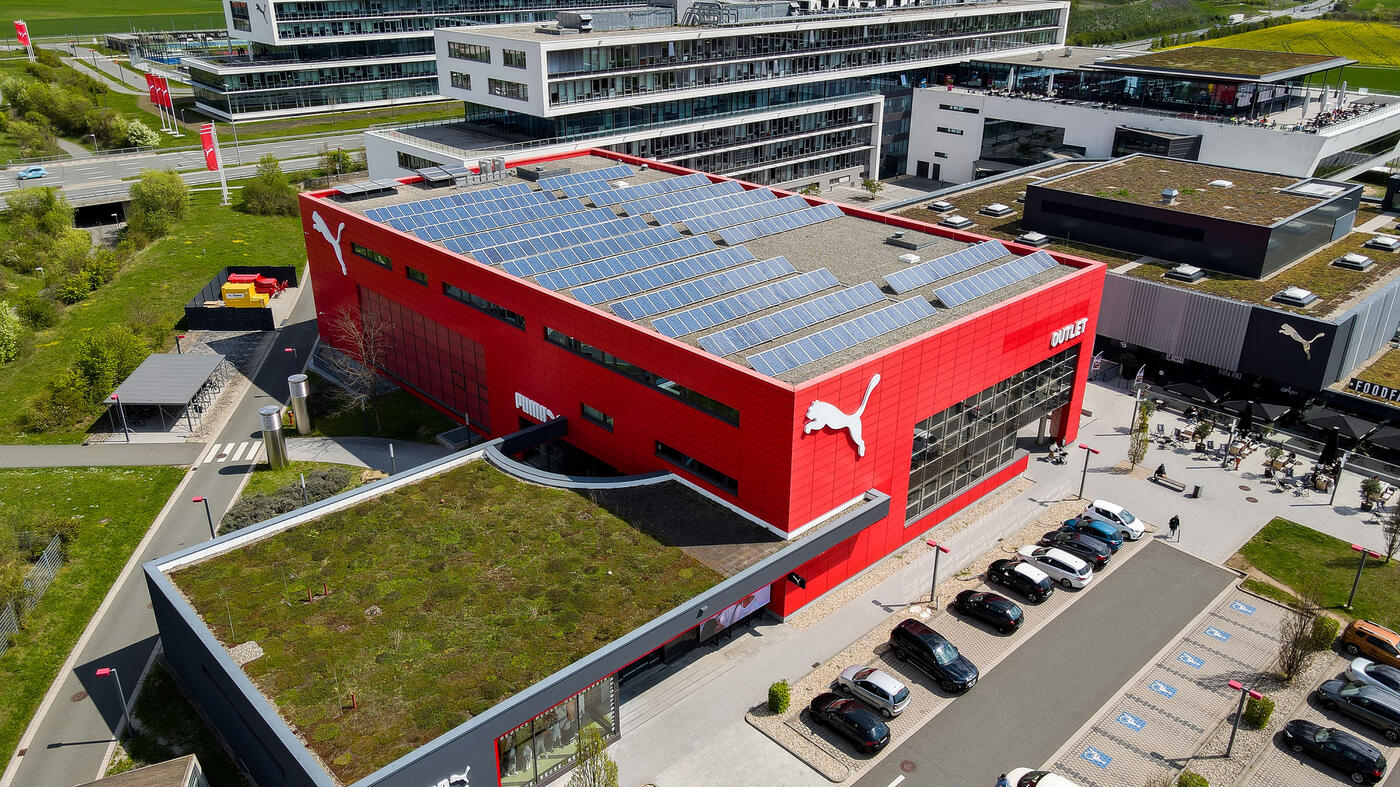Sports company PUMA has been recognized for leadership in corporate transparency and performance on climate change by global environmental non-profit CDP, securing a place on the annual ‘A List’.

Based on data reported through CDP’s 2023 Climate Change questionnaire, PUMA is one of a small number of companies that achieved an ‘A’ - out of 23,000 companies which responded. PUMA made the ‘A List’ for the second year in a row.
“Reducing our CO2 emissions is a priority for PUMA, both in the supply chain and in our own offices, stores and warehouses,” said Anne Laure Descours Chief Sourcing Officer at PUMA. “Being placed on the CDP ‘A List’ is a great recognition of our efforts, but we will not be complacent and continue to sharpen our decarbonization goals.”
PUMA aims to reduce CO2 emissions along its entire value chain. This includes the sourcing of raw materials, the production of fabrics and finished goods, logistics, the energy supply of PUMA’s warehouses, stores and offices and the even its corporate car fleet.
“For signatories of the Fashion Industry Charter for Climate Action, disclosing data to CDP is a fundamental requirement, as transparency is essential to the analysis and understanding of climate action and progress,” said Lindita Xhaferi-Salihu, Sector Engagement Lead with UN Climate Change. “We congratulate PUMA on making CDP’s A-List for the second year in a row and thank the company for its continued leadership in this space.”
In 2023, PUMA’s core Tier 1 Suppliers, which produce finished goods, increased their use of renewable energy to 23.1%, while the share of renewable energy among PUMA’s core Tier 2 Suppliers, which make materials, rose to 21.7%. PUMA sources 100% renewable energy, including renewable energy attribute certificates, for its own entities.
Last year, PUMA only shipped 0.3% of its products by air and switched to low-emissions shipping with its logistics partner Maersk. PUMA’s corporate car fleet now consists of 35% zero or low-emission vehicles.